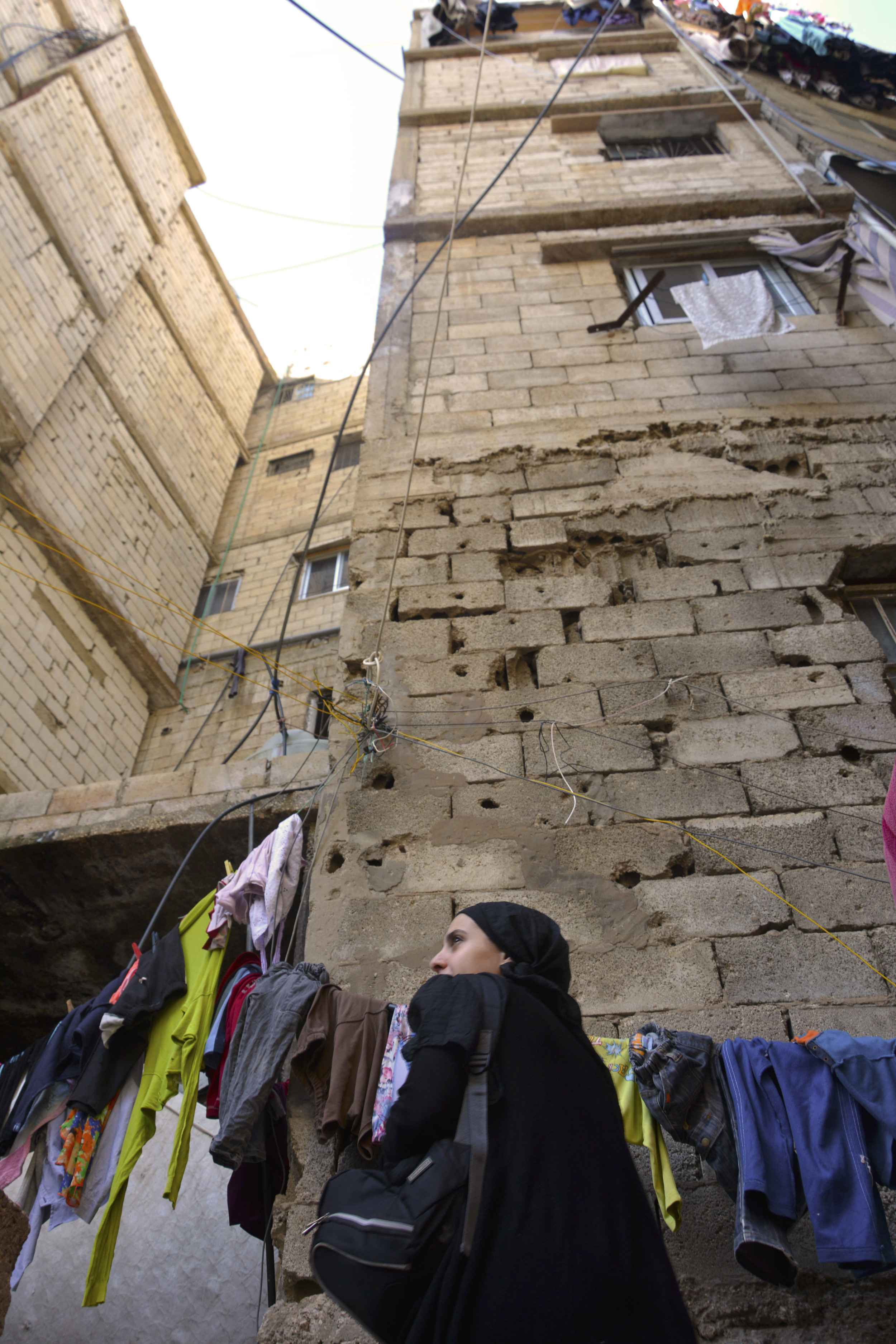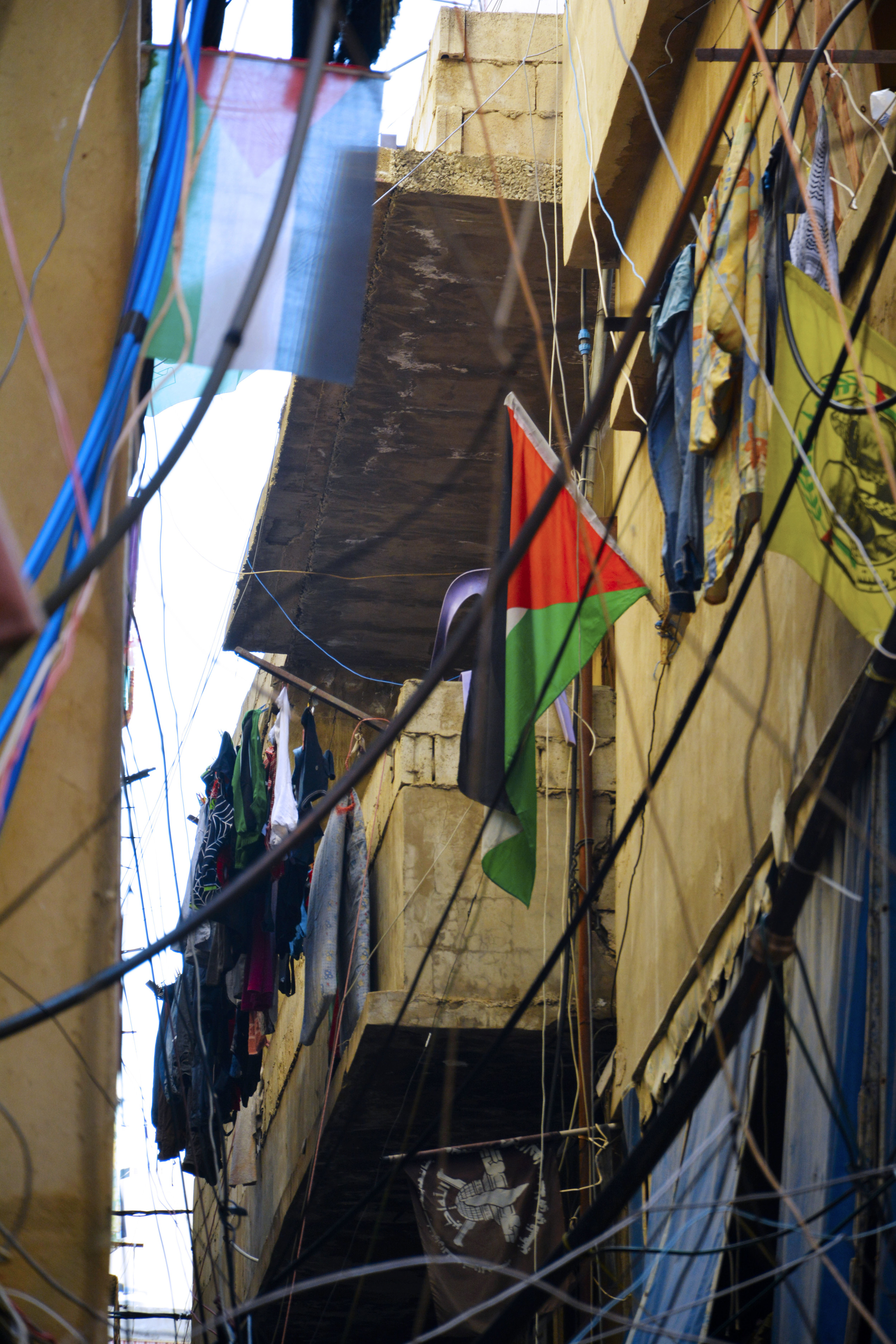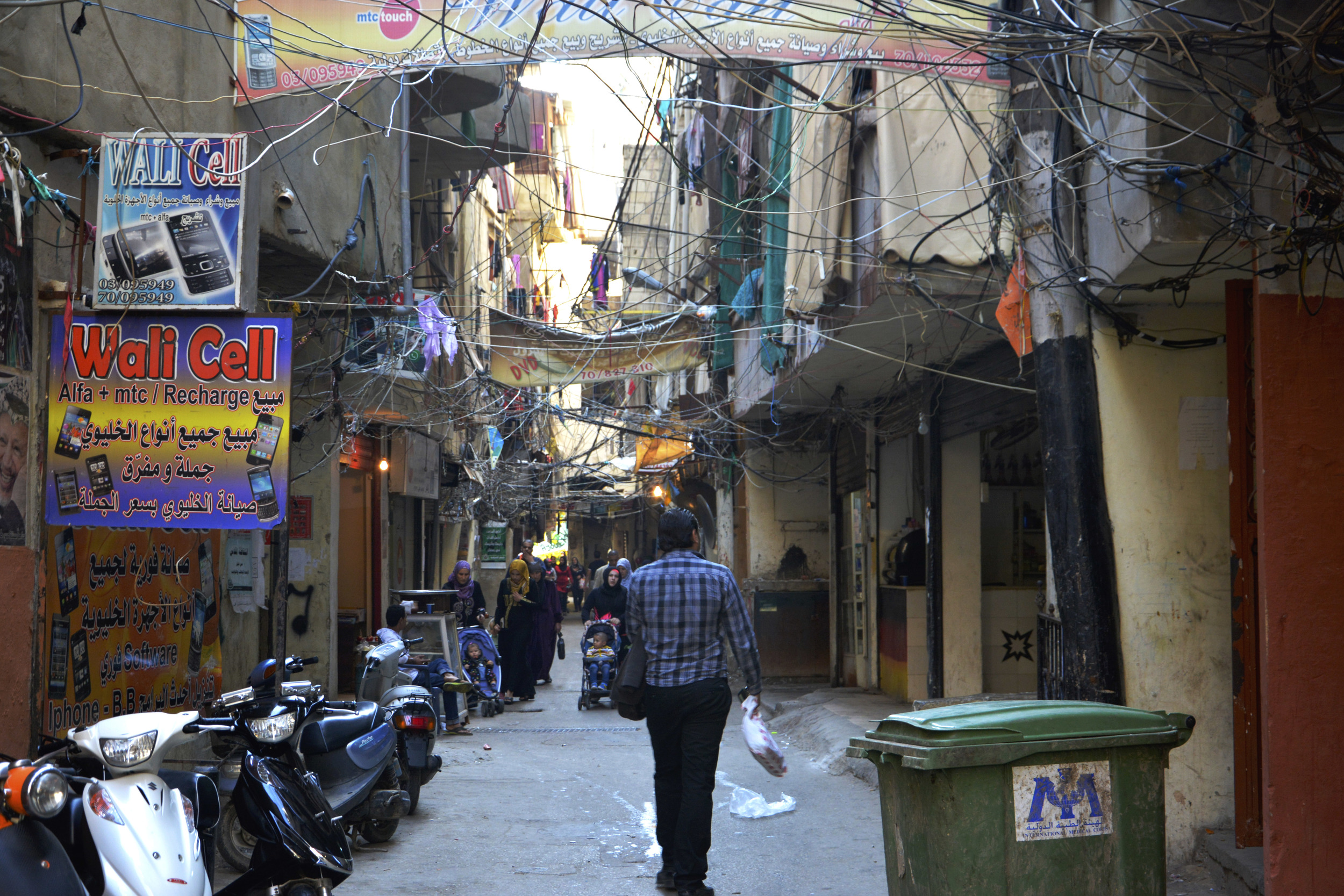
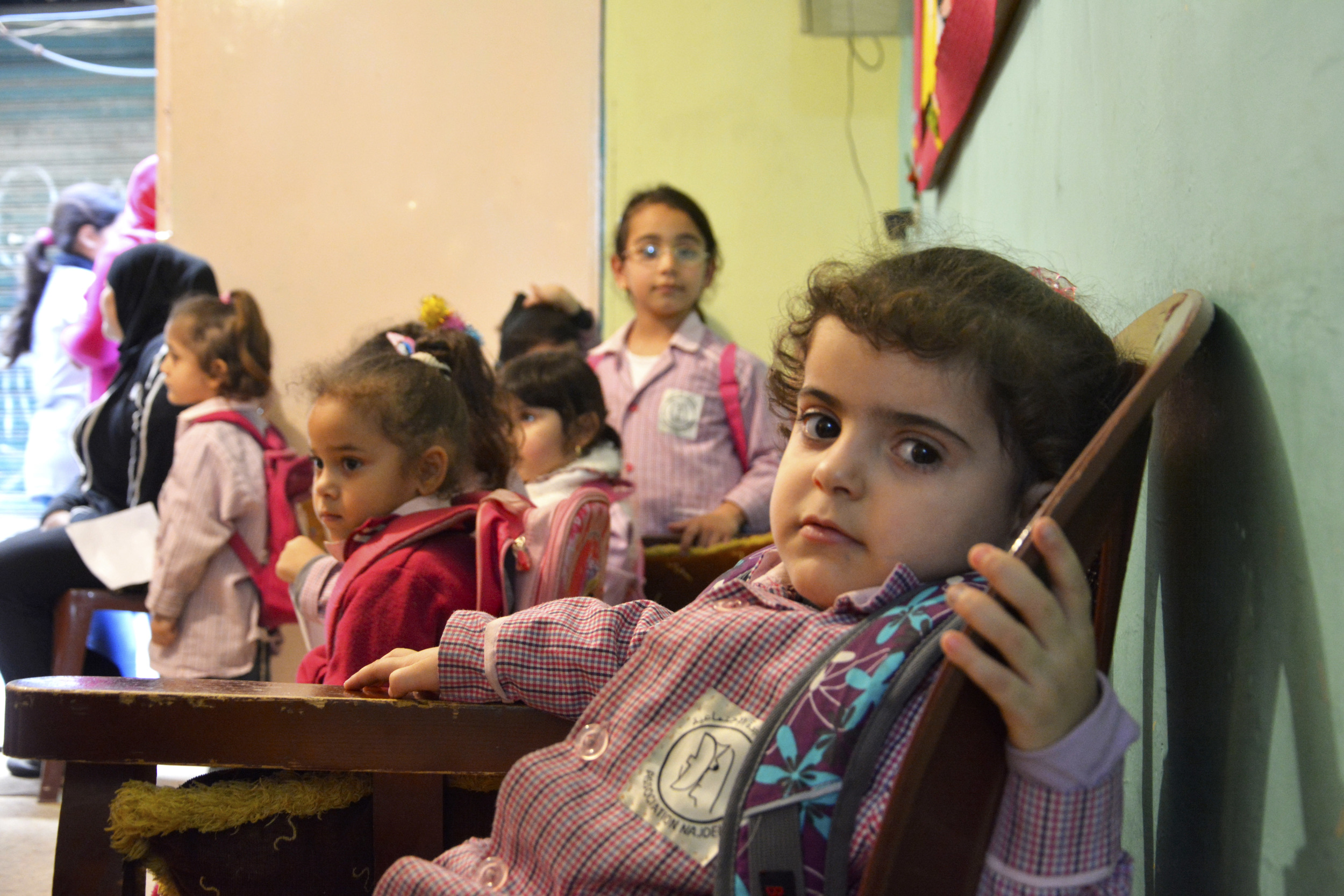
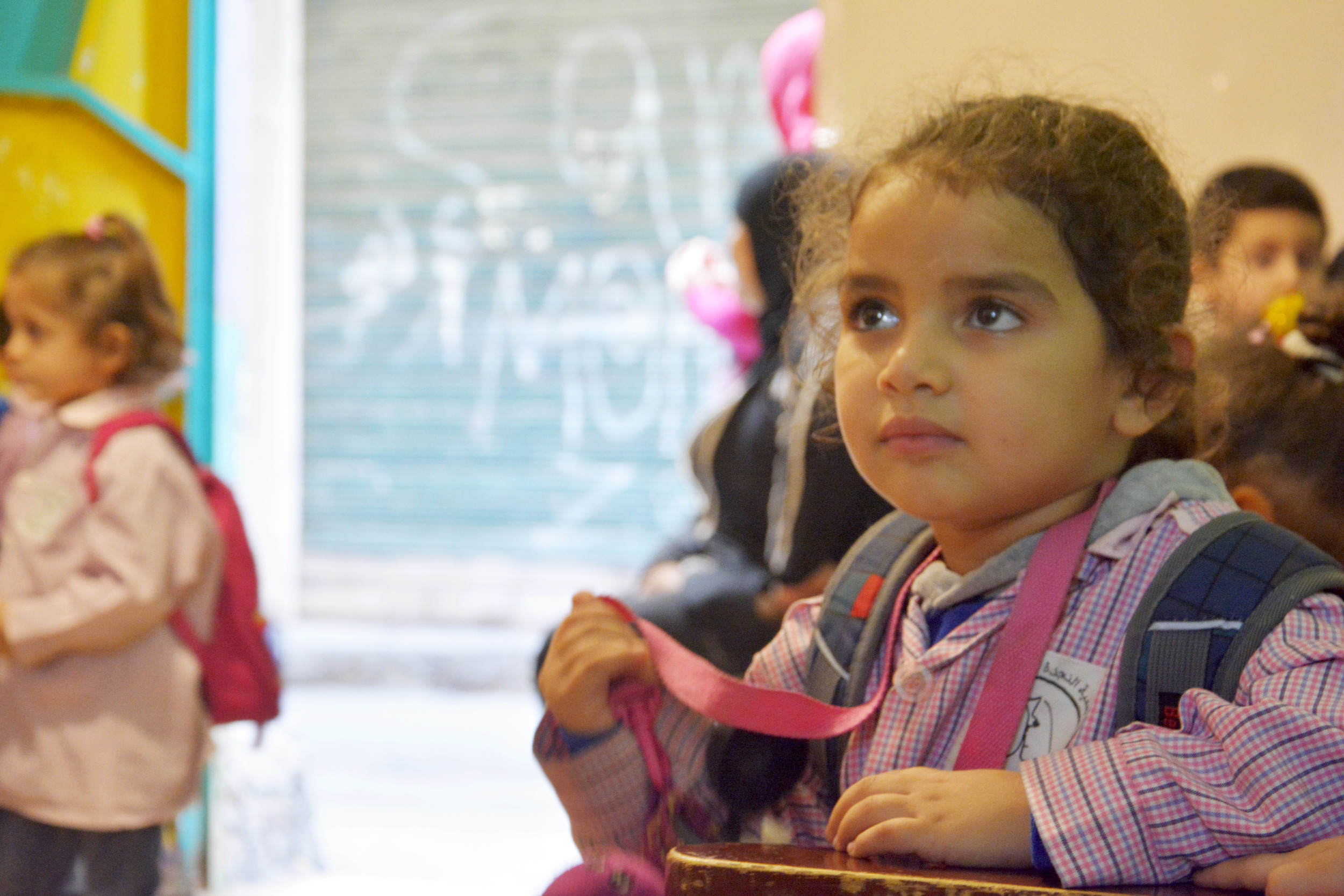
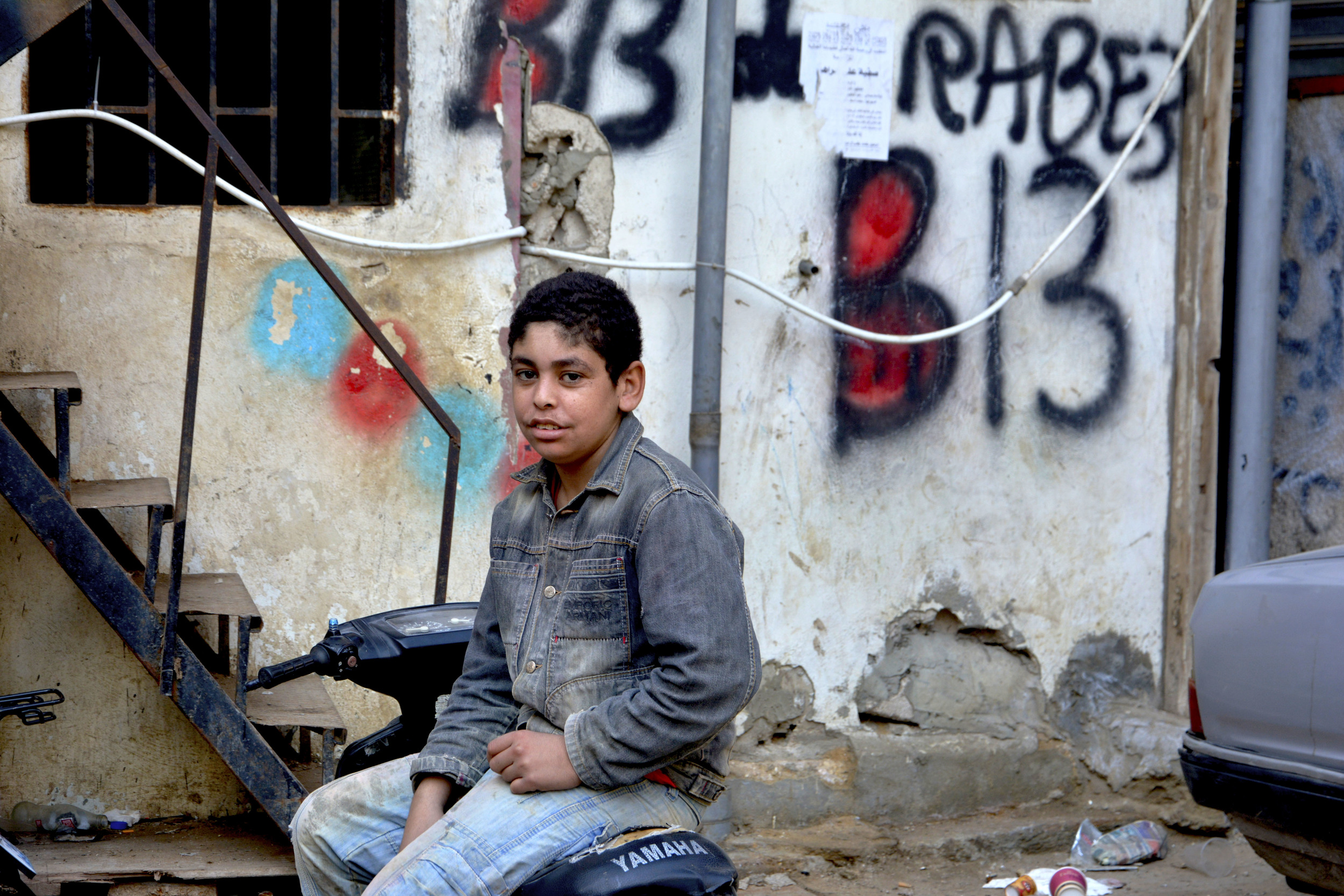
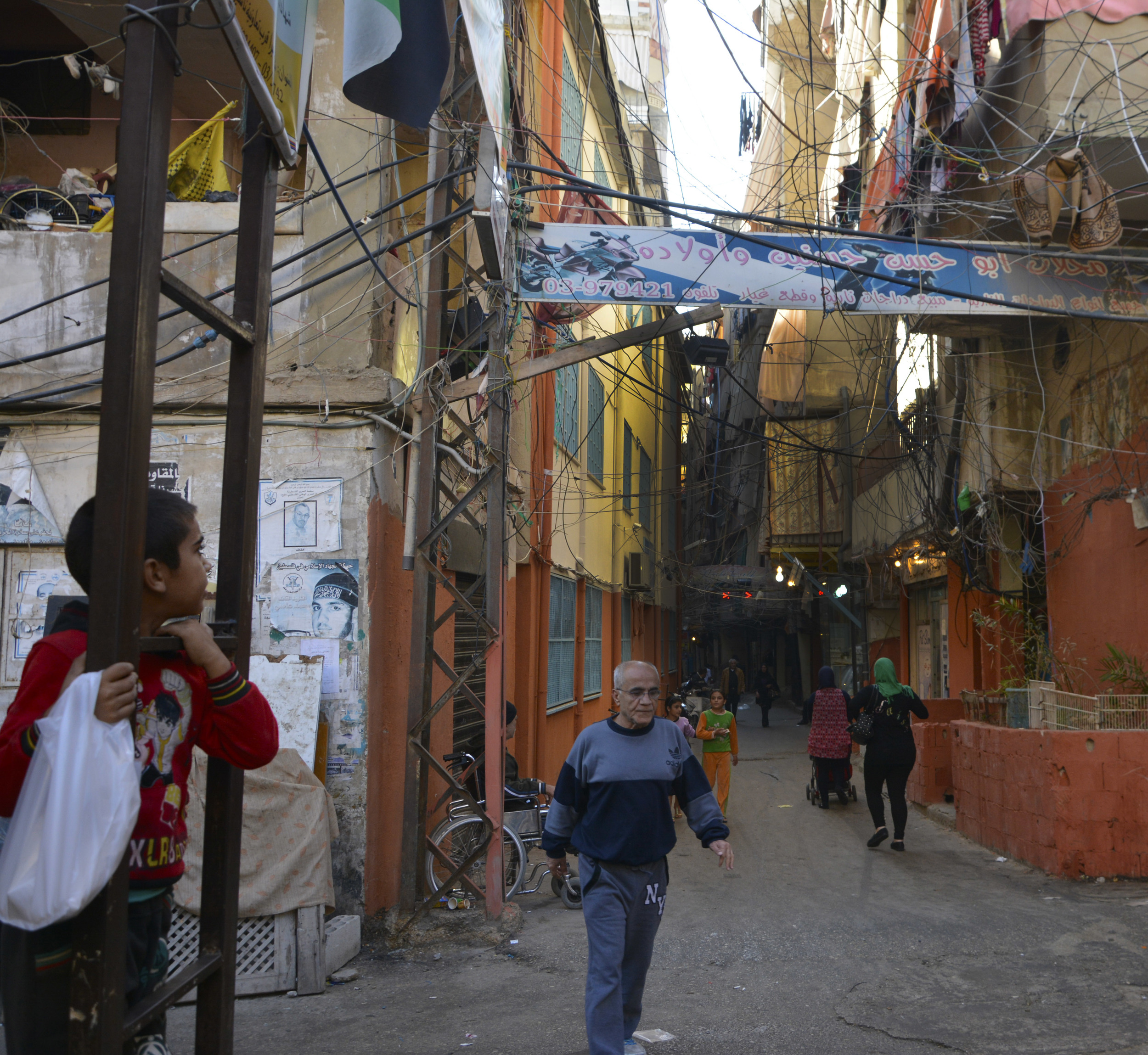
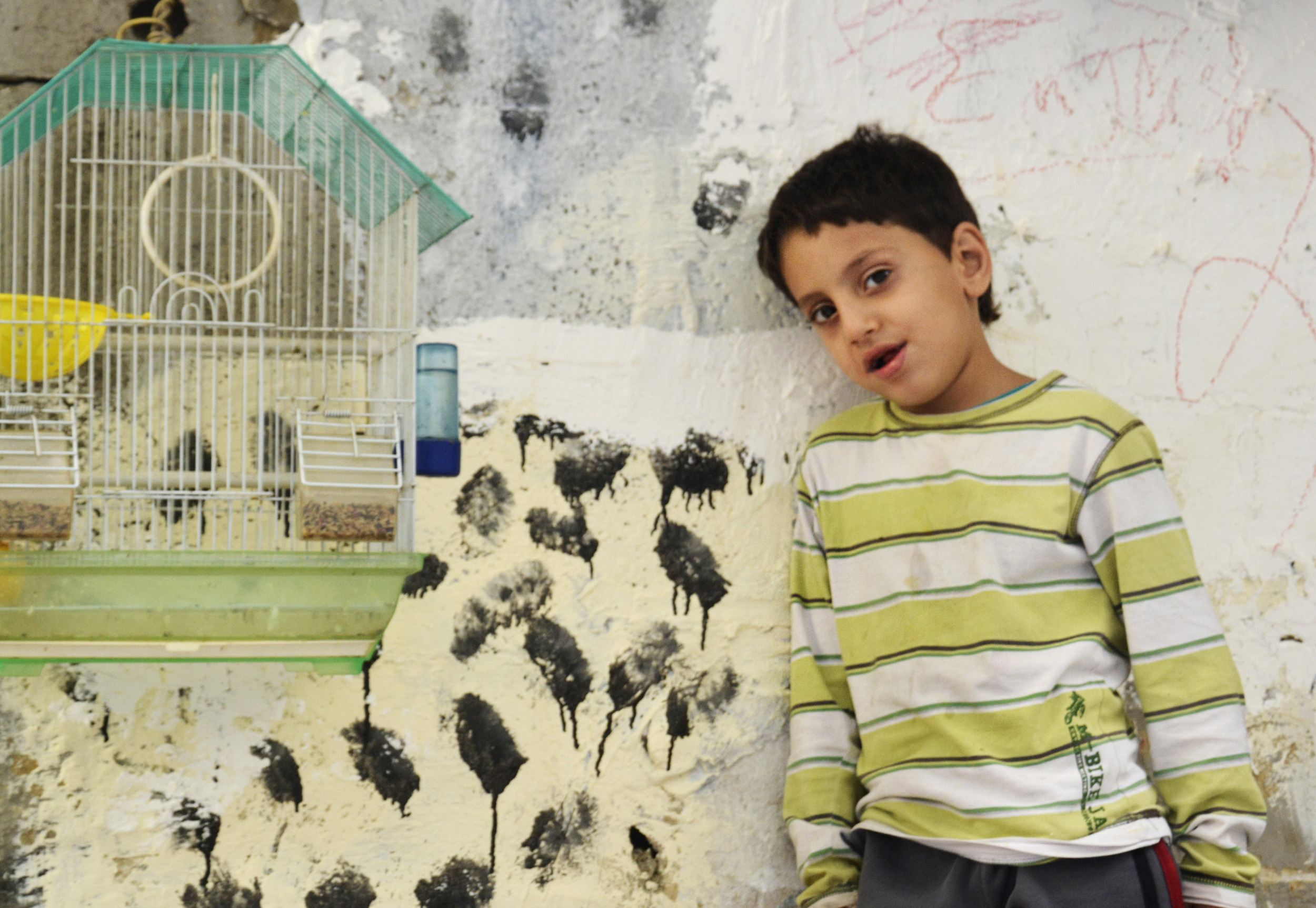
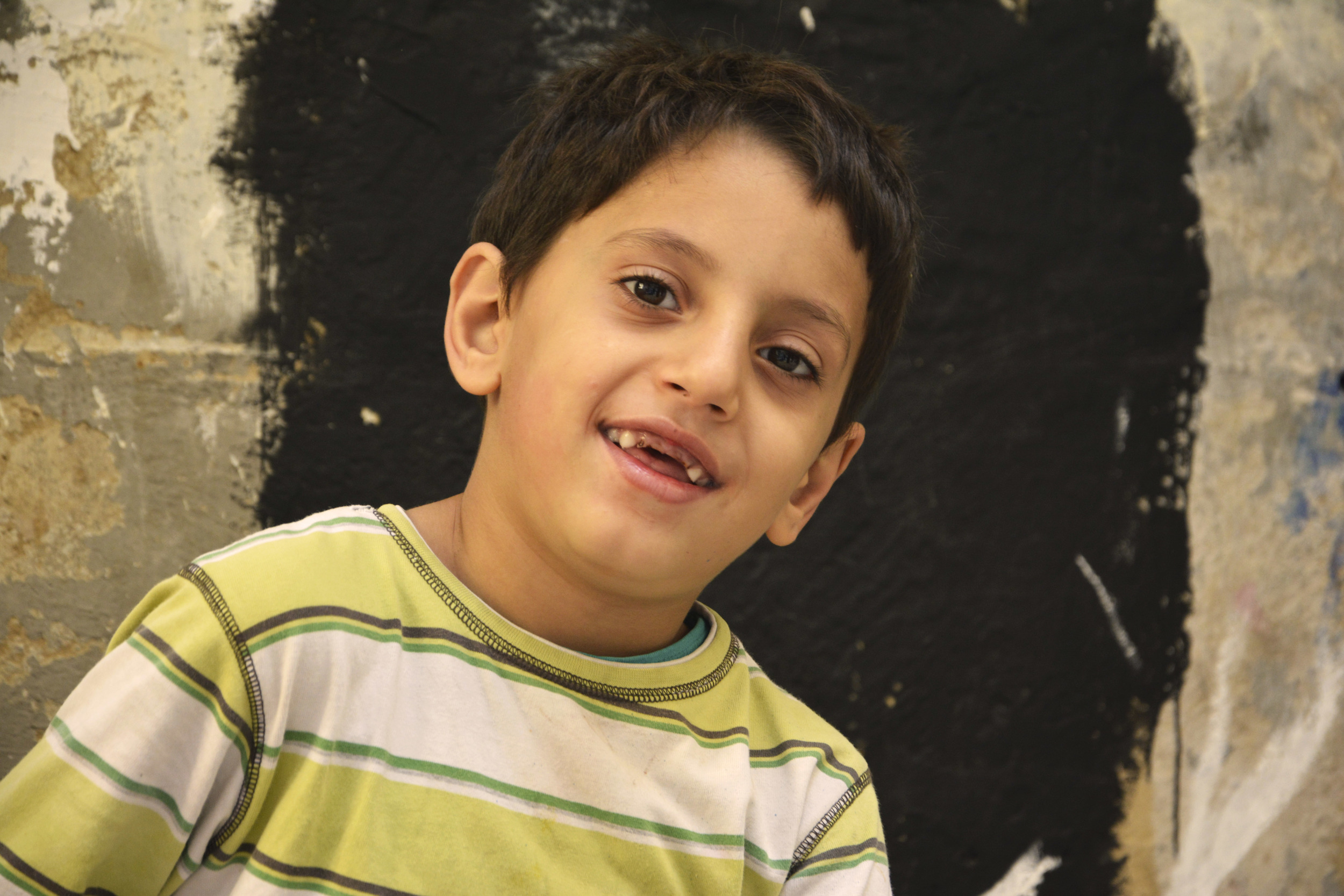
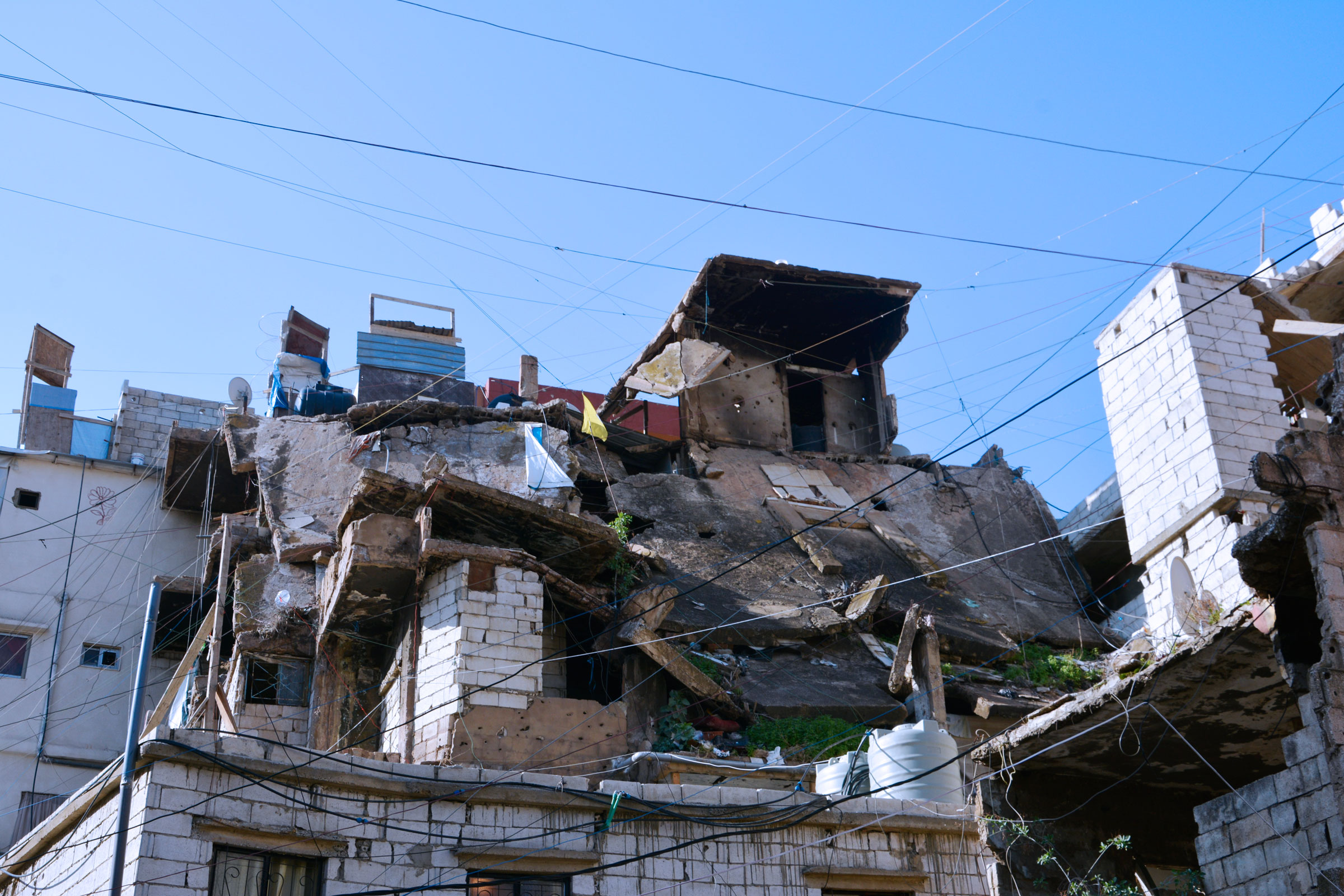
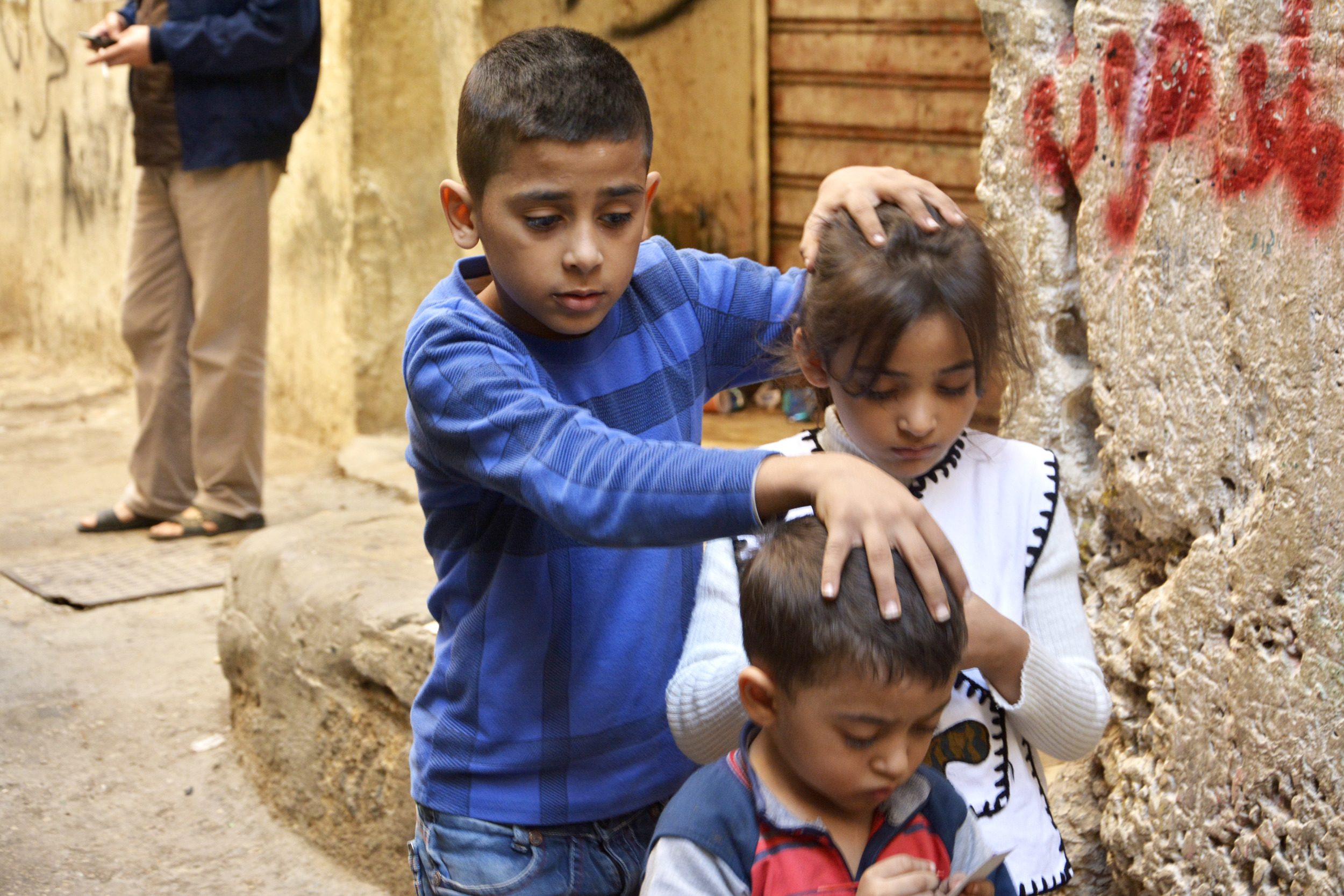
BEIRUT, Lebanon -- Noor al Samoon, 60, a Palestinian refugee from Syria, choked back tears as she recalled her family’s accumulation of miseries.
“What am I supposed to do?” she implored, “this crisis killed five from my family, one of my sons is in prison, and more of my children are wanted by the government, they’re stuck there!”
Al Samoon’s family fled from Haifa to Syria in 1948, and now, forced to leave everything behind a second time, has nowhere to call home. They fled Homs at the height of Syria’s raging civil war to the Palestinian refugee camp of Shatila on the edge of Beirut.
“‘There is no one who helps [my son]. Only God helps us,’ Berro said.”
Over half of the refugee population is suffering from at least one symptom of depression, according to a recent mental health assessment by the World Health Organization, including hopelessness, constant feelings of fear, and a lack of interest in things.
“My heart is black,” Al Samoon said, looking down at Shatila's tangled walkways from her house, the third floor of an unfinished building.
It should be a regular school-day in Shatila, yet children of all ages pour out of every nook and cranny. A one square kilometer refugee camp on the cusp of Beirut’s southern border, Shatila is a maze of narrow, concrete alleys that wind and taper through the dwellings. Warm breezes carry the smell of raw sewage and garbage, carelessly strewn outside shops.
The concrete slum’s haphazard mounds of shacks grow taller as the population swells, looming over its dirt paths and limiting the meager shafts of light that filter down to the roots of the camp.
Mohammad Basyouni, Al Samoon’s son, lives with his wife and three children in a hovel; five flimsy mattresses obscure the floor of the bedroom, and a small stove sits in the corner. A bag of potatoes, their sustenance for as long as they can ration it, leans against the rusted metal. This is a typical home in Shatila — several refugees claimed that up to 20 people are crammed into a single house.
Hassan Basyouni, 12, Palestinian-Syrian, stands by his pet bird. “Back in Syria, we had a lot of birds,” his father said, smiling weakly, “I try to get some to keep him happy."
“The trauma is threefold,” a Lebanese researcher said, “What they saw in Syria, what happened on their trip here, and what happens to them here at the camps… Their environment is destroying them,” added the academic, who works with the International Affairs and Refugee Research program at American University of Beirut.
A short man with a gaunt face and a shock of white hair, Issa Berro, 74, lives mostly in the dark with his family. “We sit in the dark for 12-16 hours… sometimes the electricity cuts for days at a time,” he said. Berro fled with his two sons and granddaughter from their home in Syria two years ago. They now share a 25 square-meter room. His disabled son, 18, writhes on one of the four mattresses on the floor. He suffers from cerebral palsy and delayed mental development, and is unresponsive to other people, not recognizing his own name. “There is no one who helps him. Only God helps us,” Berro said.
Many refugees from Syria face open discrimination, with the United Nations-run Ramallah school holding morning classes for the 647 Palestinian students at the school, and afternoon classes for the 277 Syrian and Palestinian refugees from Syria. This school is one of many that fall under the jurisdiction of the United Nations Relief and Works Agency for Palestinian refugees.
The Lebanese, who have seen both Palestinian guerillas and Syrian soldiers wage war on their land, are weary of a Syrian and Palestinian presence in their midst.
“In Syria we were mistreated, and here even more so,” Al Samoon said, “at least in Syria, the Palestinian is Syrian and the Syrian is Palestinian.”
“Poor living conditions can cause everything that is linked to behavior: hyperactivity, aggression,” according to Dr. Liliane Younes, a psychologist with NGO Beit Atfal Assoumoud, "it could lead to depression, feeling powerless, and sometimes somatic symptoms.”
Three psychologists working within refugee camps agreed that behavioral and developmental issues are the most prevalent in the camp, with very high rates of aggression and depression, as well as rising rates of sexual harassment of children.
“We fled from death only to find people who are in even worse conditions,” Basyouni said, "they are alive but dead inside."
This is exacerbated by many factors that hinder refugees’ ability to seek help for mental illnesses. Many NGOs offer psychosocial support activities in the form of vocational training, games organized for children, and educational exercises, but lack consistency and thoroughness.
“Unless we go every week, they’re back in that horrible environment… they know how they should act, but when they see everyone else acting in a different way, how can they change?” Hala Alaouie, a member of the Burj al Barajneh mental health project Qaderoon, said.
As the Lebanese government will not allow the camp to expand, residents are forced to build upwards, heightening the already shaky building structures.
Najdeh, an NGO working within the camp, observes the children during psychosocial activities to detect possible mental health concerns. They then refer these children to a member of the team of psychologists working for the group.
This second step following psychosocial activities is all but missing in most NGOs, as very few have specialized facilities and experts for dealing with severe mental health issues. Najdeh and Beit Atfal Assoumoud are among the very few who offer free counseling and family guidance.
These services are center-based and thus not easily accessible to the refugees. “I never leave the camp,” Basyouni said, “the political situation in Lebanon is really bad, I even pulled my eldest daughter out of her school in Bir Hassan because it isn’t safe.”
Even if they are able to access these services, many do not. They fear judgment from their community. “They do not feel like they can talk about these subjects publicly,” Najida Sawad, director of Najdeh, said, “they need a safe space.”
The larger issue preventing refugees from seeking out mental health care is that they must fight tooth and nail to assure themselves even the most basic needs, food, shelter, and clean water.
Mental health is not high on the list of priorities for UNRWA or the refugees, weighed down by more existential and logistical issues. For some of these twice-displaced survivors of war, life among the haphazardly swelling shacks they call home is as heavy and oppressive as the stacks of problems they face.


